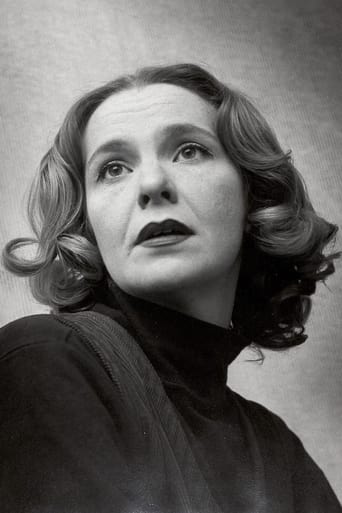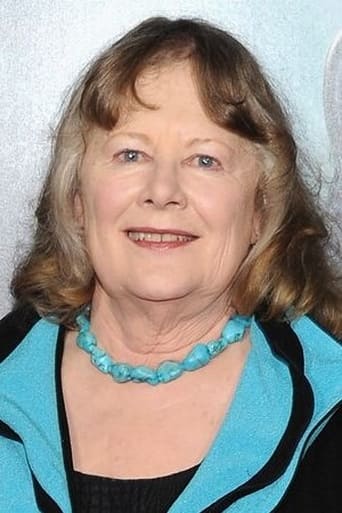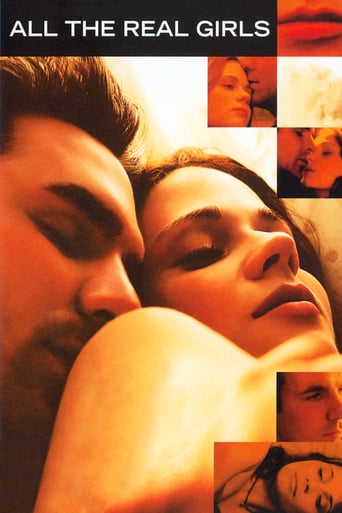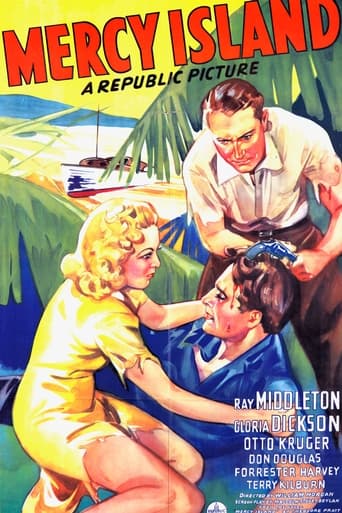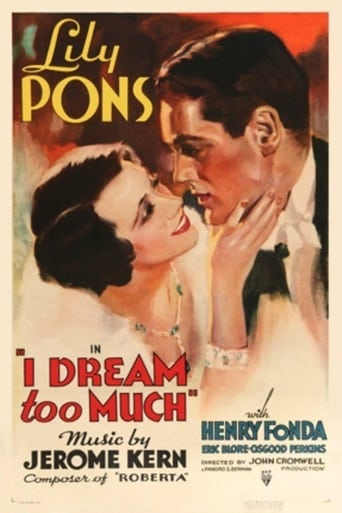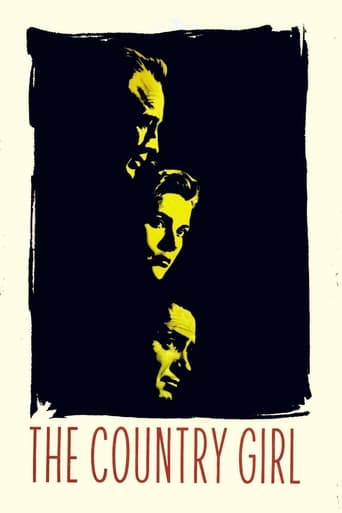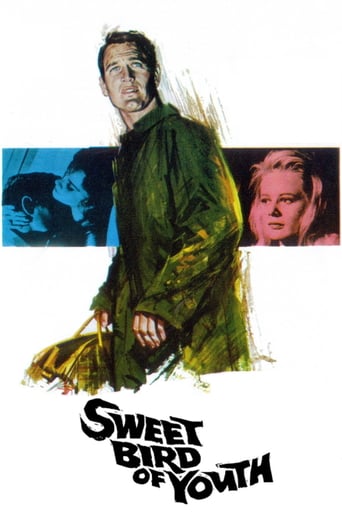
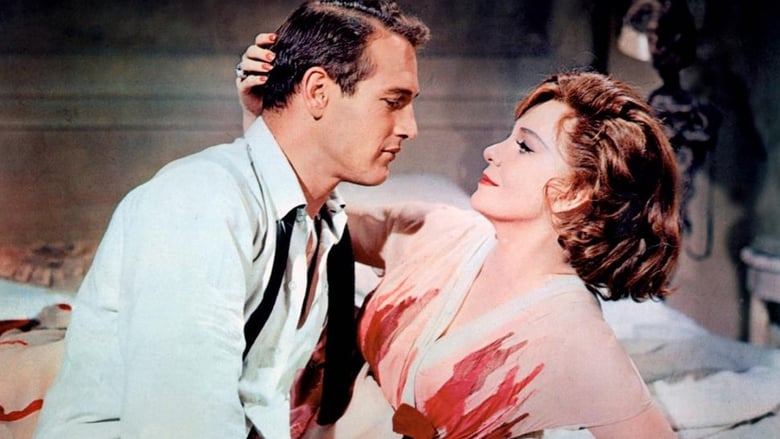
Sweet Bird of Youth (1962)
Gigolo and drifter Chance Wayne returns to his home town as the companion of a faded movie star, Alexandra Del Lago, whom he hopes to use to help him break into the movies. Chance runs into trouble when he finds his ex-girlfriend, the daughter of the local politician Tom "Boss" Finley, who more or less forced him to leave his daughter and the town many years ago.
Watch Trailer
Cast
Similar titles

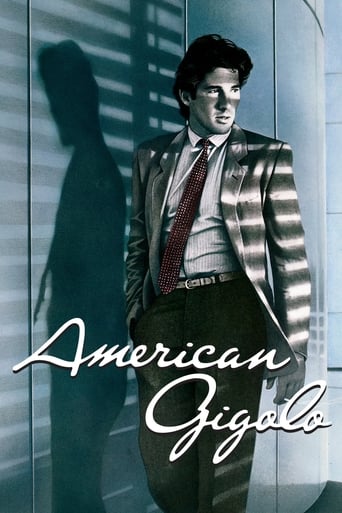
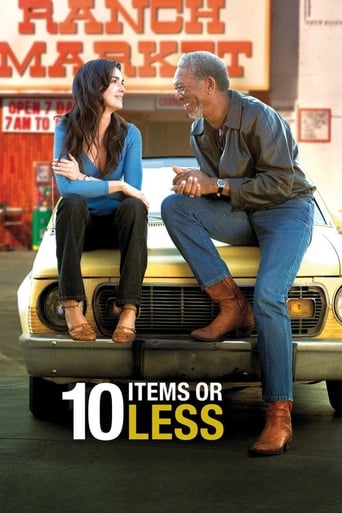
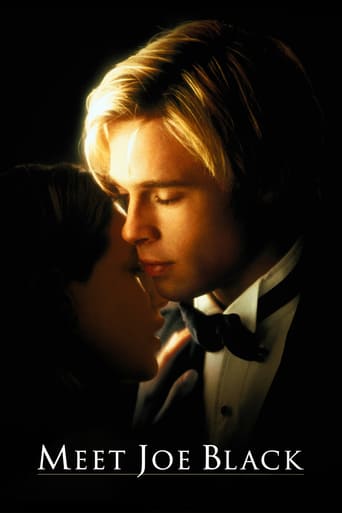

Reviews
A movie that not only functions as a solid scarefest but a razor-sharp satire.
It’s fine. It's literally the definition of a fine movie. You’ve seen it before, you know every beat and outcome before the characters even do. Only question is how much escapism you’re looking for.
The storyline feels a little thin and moth-eaten in parts but this sequel is plenty of fun.
It's funny, it's tense, it features two great performances from two actors and the director expertly creates a web of odd tension where you actually don't know what is happening for the majority of the run time.
Wannabe actor Chance Wayne (Paul Newman) returns to his hometown St. Cloud with drunken former film star Alexandra Del Lago (Geraldine Page). Dr. George Scudder tells him his mother died recently and that he's marrying his ex-girlfriend Heavenly (Shirley Knight). Corrupt political boss "Boss" Finley (Ed Begley), father of Heavenly, forced him out of town years earlier. Tom Finley Jr. (Rip Torn) is the tough violent muscle.It's based on a Tennessee Williams play and has that sweaty old south feel. The dialog crackles. There are some great lines. The language is tough. There is some interesting stuff with Newman and Page. However early scenes struggle with their relationship. It does get more and more interesting as it goes on. However there is a good chunk in the middle that needs to be cut back. The power is elevated every time Ed Begley and Rip Torn push their way around. Rip is electric threatening Del Lago. Geraldine Page is acting very close to the edge but she's a great diva. This is a fine southern melodrama.
In one of the silliest serious movies of the 1960's, Tennessee Williams has stereotyped everyone except Aunt Donnie as corrupt, nasty, evil trash. Mr. Williams must have had an amazing hatred for the human race to have written the whole lot of us as such garbage.A partial list of persons stereotyped for Mr. Williams broad brush of contempt: Hollywood actresses, gigolos, politicians, police, churchgoers, anyone from the South, doctors, hotel managers, plus anyone just standing around.Every scene in the film is predictable; none of it reflects any real people or situations; yet there are a large number of "intellectuals" who have always swallowed up his drivel.To be fair, a few of his works, including "Streetcar" are really good. Sweet Bird of Youth isn't one of them.
If you are a Paul Newman, (Chance Wayne) fan, this is the film for you, he was young and at the height of his career and gave an outstanding performance. Chance Wayne plays the role as a young man who starts many careers and never seems to get anywhere at all. Chance decides he wants to go to Hollywood, however, he has a girl named Heavenly Finley, (Shirley Knight) who he is very much in love with. Heavenly has a father named Tom Finley, (Ed Begley) who does not like Chance and he does everything in his power to keep this couple apart from each other. It is not very long when Chance returns from Hollywood with a burned out actress, Alexandra Del Lago, (Geraldine Page) who adds a great deal of comedy and romance in this film as well as, an outstanding performance. Enjoy.
"Sweet Bird of Youth" came towards the end of Hollywood's Tennessee Williams cycle of the fifties and early sixties, being preceded by such films as "A Streetcar Named Desire", "Cat on a Hot Tin Roof" and "Suddenly Last Summer", and closely followed by "Period of Adjustment" and "Night of the Iguana". Indeed, Williams is an author whom I know better from the cinema than from the theatre; he lacks the following in Britain that he enjoys in his native America, and performances of his plays here are infrequent. ("Sweet Bird ..", for example, was not performed in London's West End until 1985, nearly 30 years after it was written).The main character is Chance Wayne, a drifter who returns to his Southern home town. He left the town several years ago with high hopes of becoming a Hollywood actor, but he has enjoyed little success, and has ended up as a gigolo, preying on lonely older women. (His name is highly significant. Wayne is a "chancer", one who lives by his wits and enjoys taking risks. The surname at this period would have evoked the great Hollywood star John Wayne, but Chance has had none of his namesake's success).Wayne's latest conquest is a film star named Alexandra del Lago. Alexandra was once beautiful and highly successful, but is now ageing, addicted to drugs and alcohol, lacking in self-confidence and terrified of losing her looks. Wayne is only interested in Alexandra because he wants her to use her influence to advance his stalled acting career; his main purpose in returning home is to rekindle his love affair with his former girlfriend, Heavenly. Heavenly is the daughter of the local political boss Tom Finley, a Huey Long-style politician, who maintains a grip on State politics through corruption and strong-arm tactics. It was Finley who forced Wayne to leave town after he got Heavenly pregnant, a pregnancy which was terminated by abortion.The emotional, passionate nature of many of Williams' characters made his plays very popular with film-makers, but in the fifties the American theatre tended to be more liberal than the American cinema as regards the portrayal of sexual themes, and a number of his plays were somewhat bowdlerised when turned into films. "Sweet Bird of Youth" is no exception. The reasons why Finley ran Chance out of town are not the same in the two versions; in the play he infected Heavenly with a venereal disease, something unmentionable in Production Code Hollywood. (Pregnancy outside marriage and abortion were quite controversial enough). The ending is very much softened compared with the one Williams originally wrote.Paul Newman plays Wayne in the same cool, nonchalant, laid-back style which characterised a number of other his roles. (It was Steve McQueen who earned the nickname "King of Cool", but Newman could have been a pretender to his throne). Several of these were also drifters, such as Cool Hand Luke or Ben Quick in "The Long Hot Summer". For me, however, the real stars of the film are not Newman but Geraldine Page as Alexandra and Ed Begley as Finley. Page (who was nominated for "Best Actress") was excellent as the drunken, self-pitying junkie, and perhaps even better at the end of the film when Alexandra recovers her self-confidence after discovering that her latest film has proved an unexpected success. Begley certainly deserved his "Best Supporting Actor" award for his portrayal of the ranting demagogue Finley; the one nomination which rather surprised me was "Best Supporting Actress" for Shirley Knight (Heavenly), as she did not seem to have all that much to do."Sweet Bird of Youth" is not quite in the same class as some of the other entries in the Williams cycle, such as "Cat on a Hot Tin Roof" (which was also directed by Richard Brooks and also starred Newman) or "A Streetcar Named Desire" with its four towering performances in the leading roles. It perhaps represents a rather conservative style of film-making, looking back to the fifties rather than to the stylistic revolution of the late sixties. (After "Night of the Iguana" in 1964 Hollywood was to fall out of love with Tennessee Williams). It is, however, well-made and well-acted, and still remains enjoyable today. 7/10

